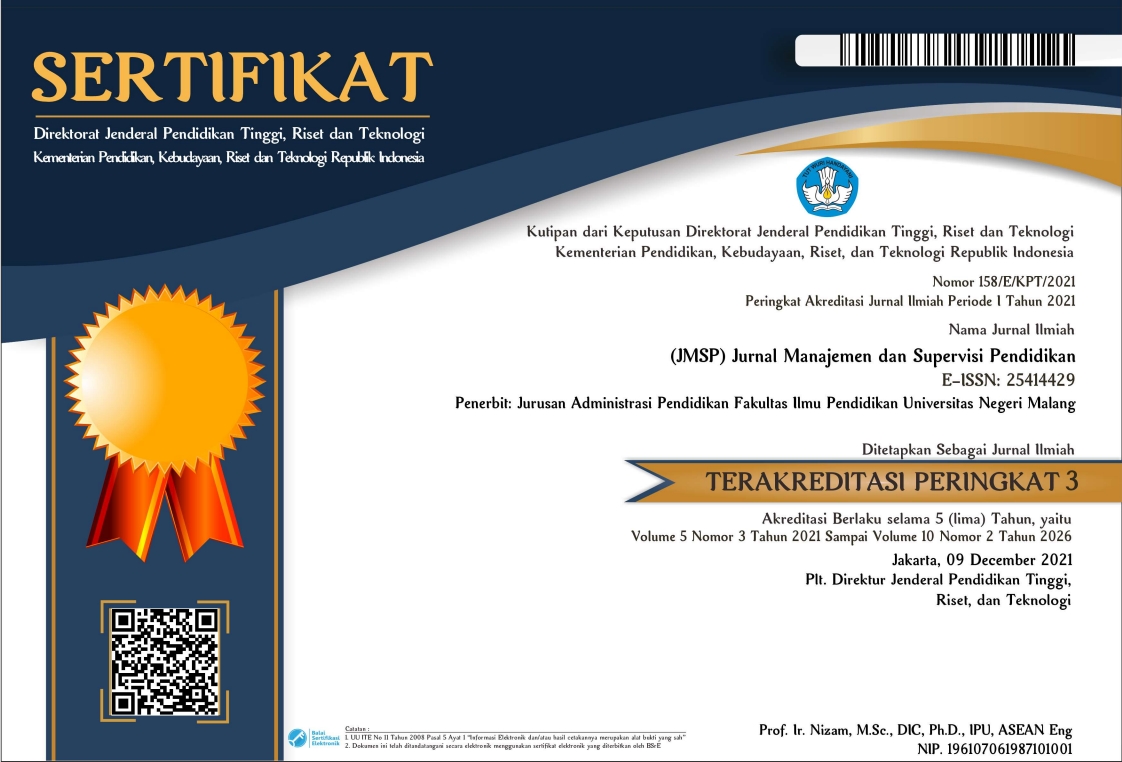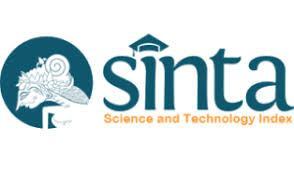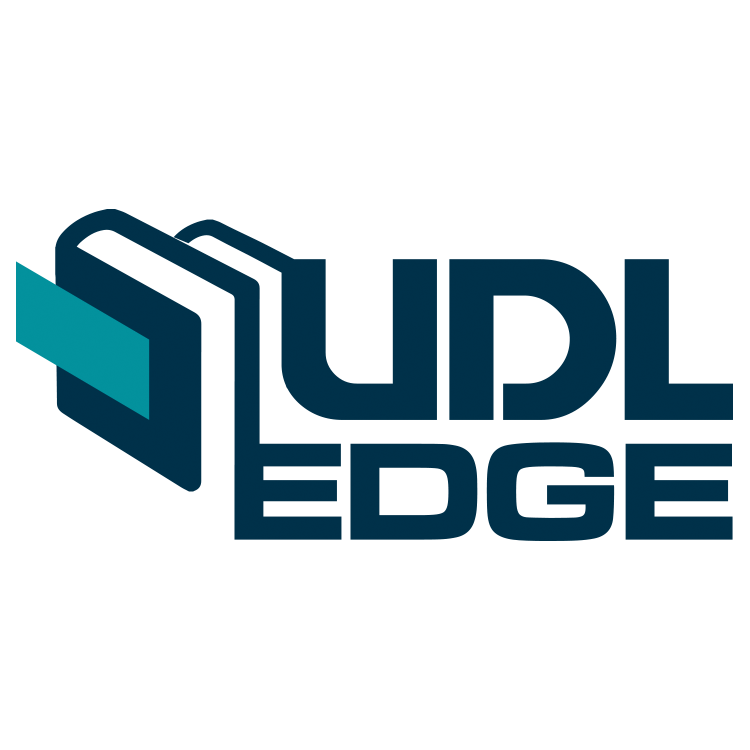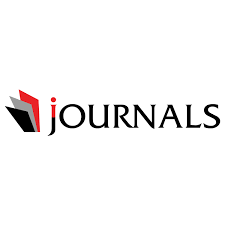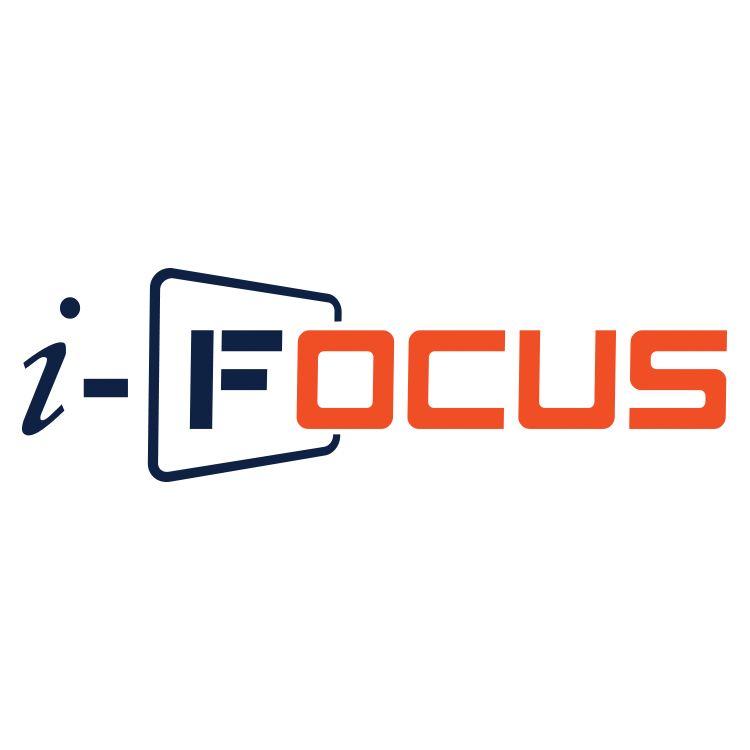Government’s Teaching Platform as an Intervening Influence of CEO-based leadership and Teacher Readiness Quality on the Successful Implementation of the Kurikulum Merdeka
Abstract
This research aims to analyze the influence of CEO-based leadership and teacher readiness quality through the independent teaching platform on the successful implementation of the kurikulum merdeka. This research was carried out at Pengmobil Middle Schools throughout Malang City, the sampling technique used was purposive random sampling, so that from a population of 300, 263 teachers and 11 school principals were obtained as research respondents. This research method is quantitative, with a structural model or SEM design using SmartPLS4 to examine the direct and indirect influence of exogenous variables on endogenous variables. The exogenous variables in this research are CEO-based leadership as X1, teacher readiness quality as X2, independent teaching platform as Z1 or intervening, and successful implementation of the kurikulum merdeka as Y1. Partial testing was carried out using a significance value of <0.05 in all tests. The test results show that Fcount > Ftable, which means there is a positive and significant influence. In detail, the analysis was carried out in 4 stages, namely (1) validity and reliability test, (2) model feasibility test which was represented in the chi square determination with a value of <3.00, SRMR with a value of <0.10, NFI with a score of >0.80 , d_g with a score of >0.05, and d_Uls with a score of >0.05, (3) bootstrapping will be allocated in assessing the significance of direct and indirect influence measurements which can be seen in the R2, F2, outer loading and cross loading values , and (4) blindfolding used to determine predictive associations. The results of this research showed that all hypotheses were accepted, both direct and indirect effects. Overall, exogenous variables contributed 81.3% of their influence on the successful implementation of the kurikulum merdeka, while the remaining 19.7% was influenced by other variables that had not been studied.
Keywords
Full Text:
PDFReferences
Al-Emran, M., & Al-Sharafi, M. A. (2022). Revolutionizing Education with Industry 5.0: Challenges and Future Research Agendas. International Journal of Information Technology and Language Studies, 6(3), 1–5.
Angga, Suryana, C., Nurwahidah, I., Hernawan, & Prihantini. (2021). Komparasi Implementasi Kurikulum 2013 dan Kurikulum Merdeka di Sekolah Dasar. Jurnal Basicedu, 5(5), 3829–3840.
Baharuddin, M. R. (2021). Adaptasi Kurikulum Merdeka Belajar Kampus Merdeka (Fokus: Model MBKM Program Studi). Jurnal Studi Guru Dan Pembelajaran, 4(1), 195–205. Retrieved from https://www.e-journal.my.id/jsgp/article/view/591
Begum, S., Xia, E., Mehmood, K., Iftikhar, Y., & Li, Y. (2020). The impact of ceos’ transformational leadership on sustainable organizational innovation in smes: A three-wave mediating role of organizational learning and psychological empowerment. Sustainability (Switzerland), 12(20), 1–16. https://doi.org/10.3390/su12208620
Budiarti, N. I. (2022). Merdeka Mengajar Platform As A Support For The Quality Of Mathematics Learning In East Java. Jurnal Matematika Dan Pembelajaran, 1(1). https://doi.org/10.33477/mp.v10i1.2858
Carmeli, A., Tishler, A., & Edmondson, A. C. (2012). CEO relational leadership and strategic decision quality in top management teams: The role of team trust and learning from failure. Strategic Organization, 10(1), 31–54. https://doi.org/10.1177/1476127011434797
Chiu, W. K. (2021). Pedagogy of emerging technologies in chemical education during the era of digitalization and artificial intelligence: a systematic review. Education Sciences, 11(11). https://doi.org/10.3390/educsci11110709
Fathurrahman, F., Arifin, B. S., Muhyi , A., & Huda, M. (2022). The Influence of School Management on The Implementation of The Merdeka Belajar Curriculum. AL-TANZIM: Jurnal Manajemen Pendidikan Islam, 6(4), 1274–1286. https://doi.org/10.33650/al-tanzim.v6i4.3461
Hair, J. F., Hult, T., Chritian, R., Sarstedt, M., Danks, P. N., & Ray, S. (2023). Review of Partial Least Squares Structural Equation Modeling (PLS-SEM) Using R: A Workbook. In Structural Equation Modeling: A Multidisciplinary Journal. Berlin: Classroom Companion Business. https://doi.org/10.1080/10705511.2022.2108813
Henseler, J., & Sarstedt, M. (2013). Goodness-of-fit indices for partial least squares path modeling. Computational Statistics, 28(2), 565–580. https://doi.org/10.1007/s00180-012-0317-1
Hidayat, M. L., & R B Utami. (2019). Pengukuran Kesiapan Penerapan Pembelajaran Blended Learning Di Sekolah Menengah Dengan Kelas Bakat. Prosiding Seminar Nasional Geotik 2019, 7–11.
Imron, A., & Hantari, W. C. (2021). How Poetry Improves EFL Learners’ Vocabulary through Curriculum-based Dynamic Assessment. Metathesis: Journal of English Language, Literature, and Teaching, 5(1), 1. https://doi.org/10.31002/metathesis.v5i1.2834
Imron, A., Wiyono, B. B., Mustiningsih, Hadi, S., Abbas, A., Rochmawati, & Dami, Z. A. (2023). Coaching, Commitment, and Teaching Ability: Teacher Professional Development in the Era of the ASEAN Economic Community. Educational Administration: Theory and Practice, 29(2), 168–184.
Juwita, R., & Siswandari, S. (2018). Teacher’s Readiness in the New Principal Preparation Program (PPP). International Journal of Pedagogy and Teacher Education, 2(2), 343. https://doi.org/10.20961/ijpte.v2i2.24008
Kalman, M. (2020). School Improvement and Contextual Factors: A Qualitative Case Study on Educators’ Perceptions and Experiences. Pedagogical Research, 5(4), em0083. https://doi.org/10.29333/pr/9134
Kemendikbudristek. (2022). Panduan Pengembangan Kurikulum Operasional Merdeka Belajar. Jakarta: Kementerian Pendidikan Kebudayaan Riset dan Teknologi.
Kim, S., Raza, M., & Seidman, E. (2019). Improving 21st-century teaching skills: The key to effective 21st-century learners. Research in Comparative and International Education, 14(1), 99–117. https://doi.org/10.1177/1745499919829214
Megayanti, W., & Asri, K. H. (2022). Transformasi Gaya Kepemimpinan Kepala Sekolah Dalam Penerapan Merdeka Belajar. Research and Development Journal of Education, 8(2), 771. https://doi.org/10.30998/rdje.v8i2.14072
Miladiah, S. S., Sugandi, N., Sulastini, R., Pascasarjana, S., & Nusantara, U. I. (2023). Analisis Penerapan Kurikulum Merdeka Di SMP Bina Taruna Kabupaten Bandung. Jurnal Ilmiah Mandala Education, 9(1), 312–318. https://doi.org/10.58258/jime.v9i1.4589/http
Muthuprasad, T., Aiswarya, S., Aditya, K. S., & Jha, G. K. (2021). Students’ perception and preference for online education in India during COVID -19 pandemic. Social Sciences & Humanities Open, 3(1), 100101. https://doi.org/https://doi.org/10.1016/j.ssaho.2020.100101
Novita, M., Saputro, N. D., Chauhan, A. S., & Waliyansyah, R. R. (2022). Digitalization of Education in the Implementation of Kurikulum Merdeka. KnE Social Sciences, 7(19 SE-Articles). https://doi.org/10.18502/kss.v7i19.12438
Nugraha, T. S. (2022). Kurikulum Merdeka untuk Pemulihan Krisis Pembelajaran. Inovasi Kurikulum, 2, 160.
Palestina, R. L., Pangan, A. D., & Ancho, I. V. (2020). Curriculum Implementation Facilitating and Hindering Factors: The Philippines Context. International Journal of Education, 13(2), 91–104. https://doi.org/10.17509/ije.v13i2.25340
Perifanou, M., Economides, A. A., & Tzafilkou, K. (2021). Teachers’ Digital Skills Readiness During COVID-19 Pandemic. International Journal of Emerging Technologies in Learning, 16(8), 238–251. https://doi.org/10.3991/ijet.v16i08.21011
Pribudhiana, R., Bin Don, Y., & Bin Yusof, M. R. (2021). Determining the influence of teacher quality toward teacher readiness in implementing Indonesian education policy. Eurasian Journal of Educational Research, 2021(93), 373–390. https://doi.org/10.14689/EJER.2021.93.18
Rahayu, R., Rosita, R., Rahayuningsih, Y. S., Hernawan, A. H., & Prihantini, P. (2022). Implementasi Kurikulum Merdeka Belajar di Sekolah Penggerak. Jurnal Basicedu, 6(4), 6313–6319. https://doi.org/10.31004/basicedu.v6i4.3237
Rosalia, R. D., Adinugraha, F., & Silalahi, M. (2021). Hasil Belajar Kognitif Dan Keterampilan Proses Sains Siswa Dengan Penerapan Pendekatan Jelajah Alam Sekitar (Jas) Pada Materi Pencemaran Lingkungan Di Sma Budi Mulia Kota Bogor. Bioed : Jurnal Pendidikan Biologi, 9(2), 10. https://doi.org/10.25157/jpb.v9i2.6282
Rosidah, C. T., Pramulia, P., & Susiloningsih, W. (2021). Analisis Kesiapan Guru Mengimplementasikan Asesmen Autentik Dalam Kurikulum Merdeka Belajar. Jurnal Pendidikan Dasar, Vol 12 No(1), 87–103.
Saputra, H. I., & Nuchron, N. (2019). Vocational school teachers’ readiness in implementing Curriculum 2013 revised edition in Cilacap Regency. Jurnal Pendidikan Vokasi, 9(2), 119–131. https://doi.org/10.21831/jpv.v9i2.24551
Sente, L., & Gorriceta, I. (2022). Teaching Readiness and Capability of Island School Teachers in the District of Concepciaon ILOILO. International Conference on Family Business and Entrepreneurship, 1(1), 211–221. https://doi.org/http://dx.doi.org/10.33021/icfbe.v2i1.3549
Setiariny, E. (2023). Pemanfaatan Platform Merdeka Mengajar Sebagai Upaya Meningkatkan Kualitas Pembelajaran. Jurnal Lingkar Mutu Pendidikan, 20(1), 23–33. https://doi.org/10.54124/jlmp.v20i1.81
Sumarsono, R. B., Imron, A., Wiyono, B. B., & Arifin, I. (2019). Strategi Kepala Sekolah Dalam Mengoptimalkan Partisipasi Orangtua Untuk Meningkatkan Kualitas Sekolah. JMSP (Jurnal Manajemen Dan Supervisi Pendidikan), 4(1), 7–13. Retrieved from http://journal2.um.ac.id/index.php/jmsp/article/view/9772
Supena, I., Darmuki, A., & Hariyadi, A. (2021). The influence of learning model on students’ learning outcomes. International Journal of Instruction, 14(3), 873–892.
Susilawati, E., Sarifudin, S., & Muslim, S. (2021). Internalization of Pancasila Values in Learning through Implementation of Pancasila Student Profile with “ Merdeka Mengajar ” Platform. Jurnal Teknodik, 25(2), 155–168. https://doi.org/https://doi.org/10.32550/teknodik.v25i2.897
Syihabuddin, M. A. (2019). Subyek Kepemimpinan Transformasonal Pada Lembaga Pendidikan Dasar. Journal of Applied Linguistics and Islamic Education, 2(1), 111–126. https://doi.org/http://orcid.org/0000-0002-2658-6981
DOI: http://dx.doi.org/10.17977/um025v8i12023p15
Refbacks
- There are currently no refbacks.
Copyright (c) 2023 JMSP (Jurnal Manajemen dan Supervisi Pendidikan)

This work is licensed under a Creative Commons Attribution 4.0 International License.

